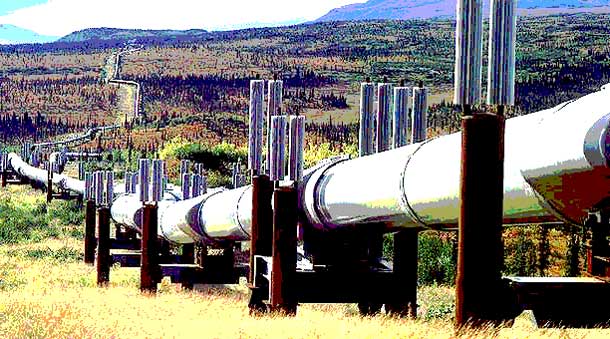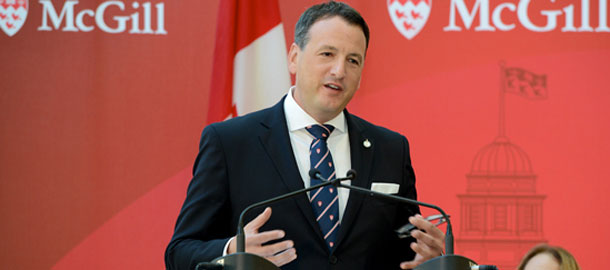
 Pipeline proponents feeding the fire that threatens their project
Pipeline proponents feeding the fire that threatens their project
OTTAWA – Imagine your house is ablaze and fire fighters are working hard to extinguish the inferno. Might they consider you dangerously insane if, while urging them on, you also threw gasoline into the flames?
Crazy though this sounds, it is analogous to what government and industry Keystone XL pipeline supporters have been doing for years.
On the one hand, they want to facilitate expansion of Canada’s oil sands, a critically important energy resource for North America, by encouraging the expansion of important arteries such as Keystone to bring crude oil to refineries in the United States.
But they then counter that sensible objective by encouraging the climate scare, which is clearly one of the major drivers of the anti-pipeline movement.
Spokespeople from Natural Resources Defense Council (NRDC), Greenpeace, Oil Change International, 350.org, and other anti-XL groups couldn’t be more direct—they oppose the project mainly because of climate change concerns. NRDC president Rhea Suh said in a February 24th anti-pipeline press release, “Congress should stop wasting any more time pushing dirty energy projects that would worsen climate change.” In her USA Today article, “Kill Keystone XL once and for all,” published on the same day, Suh proclaimed, “Tar sands [sic] generates 17% more of the dangerous carbon pollution [sic] that’s driving climate change than conventional oil.”
At first glance their argument appears to be that, because Keystone XL will encourage oil sands expansion, which in turn will increase greenhouse gas (GHG) emissions, the climate is at serious risk if the pipeline is approved.
But environmentalists, at least those who have any knowledge of science, understand that any conceivable oil sands expansion will have negligible impact on world GHG emissions and so climate.
After all, only about 0.15% of global GHG emissions comes from oil sands development.
Doubling, tripling, or quadrupling those emissions would have no measurable impact on climate.
Even scientists who support the dangerous anthropogenic global warming hypothesis agree. In their commentary, “The Alberta oil sands and climate” published in the journal Nature Climate Change, University of Victoria researchers Neil C. Swart and Andrew J. Weaver (a lead author for the UN’s Intergovernmental Panel on Climate Change) concluded that there would be an insignificant 0.03 degrees Celsius of additional warming if all the oil sands that are today commercially viable were developed.
So the opposition to the pipeline is primarily symbolic. Activists have drawn a line in the sand with Keystone in an effort to stop all hydrocarbon fuel expansion to ‘save the climate.’
In an effort to please their environmentalist base, the Obama administration are at least pretending to follow suit. When testifying before Congress last year, Environmental Protection Agency Chief Gina McCarthy admitted that, even though proposed GHG regulations on coal-fired power plants would have no measureable impact on climate, the U.S. government’s goal is to set an example for other nations to follow in the crusade to ‘save the climate.’ Rejecting Keystone XL would be consistent with that game plan.
The only way to defeat this approach is to demonstrate that humanity’s GHG emissions almost certainly have negligible impact on climate. And the best way to show that is for governments in Canada and the U.S. to convene open, unbiased hearings into the state of today’s climate science, inviting testimony from experts from all reputable points of view.
When the public better appreciate the vast uncertainties in the science, support for the climate movement will wither and, with it, Obama’s last excuse for blocking the pipeline. By bowing to, and even promoting, the scientifically improbable notion that we can control the Earth’s climate merely by reducing GHG emissions, pipeline proponents are unwittingly supporting the anti-Keystone movement.
If they continue this strategy, feeding the fire that is burning down their house, the pipeline will almost certainly never be approved under this administration.
Tom Harris
Tom Harris is Executive Director of the Ottawa, Canada-based International Climate Science Coalition (www.ClimateScienceInternational.org).




